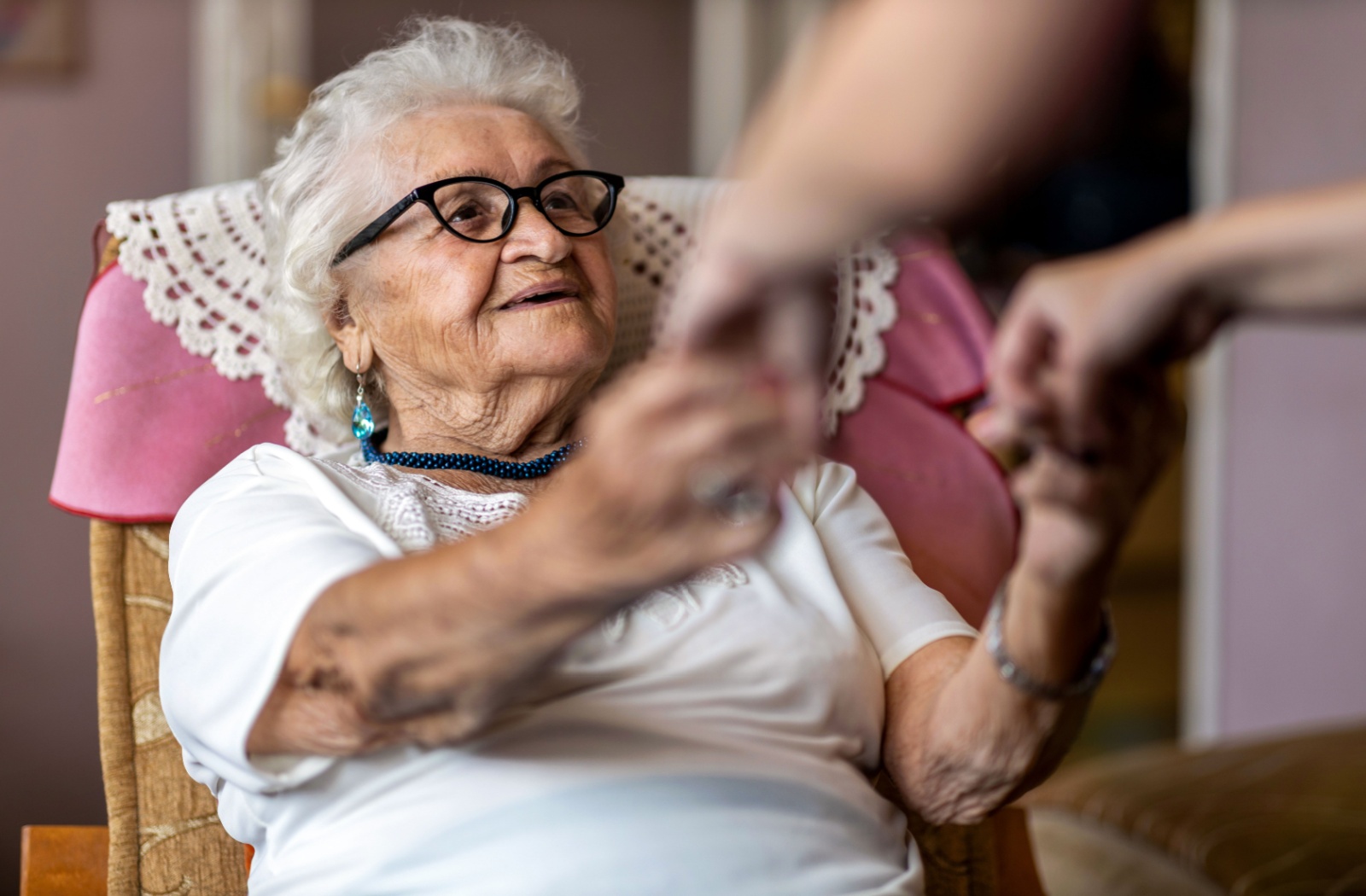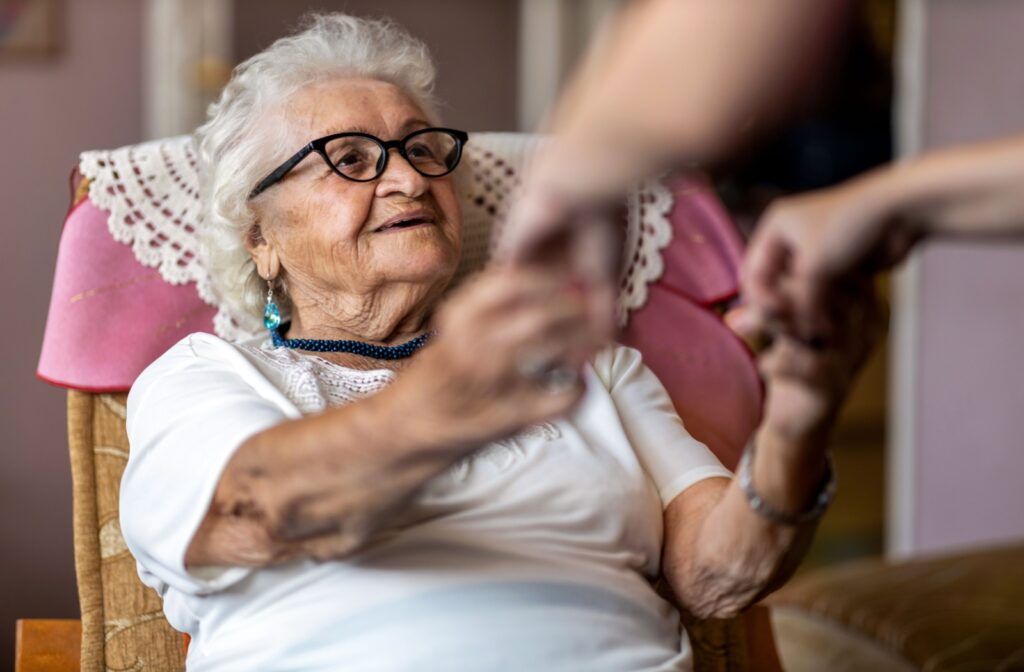Dementia represents one of the most challenging conditions families face today. Far more intricate than many realize, this progressive condition gradually alters brain function, resulting in a complex array of symptoms that vary significantly from person to person. Understanding the different forms of dementia and their unique characteristics is essential for families navigating this difficult journey.
While dementia predominantly impacts individuals over age 65, certain variants can emerge much earlier, sometimes appearing in people as young as their thirties. These early-onset cases, though exceptionally uncommon, affect only a small fraction of the overall population.
Understanding What Dementia Really Means
Dementia describes the progressive deterioration of cognitive abilities caused by ongoing brain changes. Rather than representing a single illness, it encompasses a collection of symptoms that impact brain function in various ways.
The cognitive areas most commonly affected include:
- Language and communication skills
- Memory formation and recall
- Personality and behavioral patterns
- Critical thinking and judgment
- Analytical and problem-solving abilities
As these impairments advance, they gradually interfere with a person’s capacity to perform everyday activities independently. It’s crucial to understand that dementia isn’t an inevitable consequence of growing older, although advancing age does increase risk factors. Various medical conditions, brain injuries, and lifestyle choices can influence the likelihood of developing cognitive decline.
Exploring the Primary Forms of Dementia
Rather than a single condition, dementia encompasses multiple distinct disorders, each presenting unique patterns and characteristics. Understanding these differences helps families prepare for what lies ahead.
Alzheimer’s Disease
Representing the most widespread form of cognitive decline, Alzheimer’s disease impacts millions across the U.S. This condition is characterized by the accumulation of harmful proteins within brain tissue, which interferes with normal cellular communication and function. Over time, these protein deposits cause significant damage to brain structures.
Most cases of Alzheimer’s begin manifesting symptoms after age 65, though rare instances have been documented in individuals as young as their thirties and forties. These early-onset cases remain extremely unusual.
Frontotemporal Dementia
Frontotemporal dementia (FTD) typically emerges between ages 45 and 65, resulting from deterioration of nerve cells in the brain’s frontal and temporal regions. The specific symptoms depend largely on which brain areas are most affected.
Behavioral variant FTD primarily impacts personality and conduct, while primary progressive aphasia predominantly affects language and communication skills. Given the symptom variability, professional medical evaluation is essential for accurate diagnosis.
Vascular Dementia
This form develops when blood circulation to the brain becomes compromised, often following strokes or blood vessel blockages. Reduced oxygen and nutrient delivery leads to brain tissue damage, resulting in concentration difficulties, memory issues, and behavioral or mood changes.
Unlike other dementia types, vascular dementia can appear abruptly following a stroke, or it may develop slowly as circulation problems worsen over time.
Lewy Body Dementia
This condition stems from abnormal protein accumulations called Lewy bodies that interfere with normal brain functioning. It typically affects individuals over 50, though younger adults can occasionally be diagnosed.
Two primary subtypes exist:
Lewy body dementia commonly causes cognitive deterioration alongside visual hallucinations, while Parkinson’s disease dementia involves motor symptoms including tremors, muscle rigidity, and movement difficulties. However, symptom overlap between these conditions is common.
The Relationship Between Dementia and Aging
Although dementia is most frequently associated with older adults, with symptoms typically emerging after age 65, this isn’t universally true. Early-onset dementia, while rare, can affect individuals under 65, with some cases documented in people during their 30s and 40s.
Certain conditions like frontotemporal dementia and Huntington’s disease are more commonly associated with earlier symptom onset. Additional risk factors include stroke history, family genetics, substance abuse, and inherited genetic conditions.

Identifying Early Warning Signs of Cognitive Decline
Early recognition of dementia symptoms is vital for families. Prompt identification doesn’t just provide clarity about what’s happening—it enables earlier intervention that can help preserve cognitive function longer.
Be alert for these key warning indicators:
- Frequently misplacing items with inability to retrace steps
- Trouble recalling recent conversations or experiences
- Withdrawing from social activities or displaying personality shifts
- Having difficulty finding words or following discussions
- Struggling to complete once-familiar tasks at home or work
- Becoming confused about time, dates, or familiar places
- Demonstrating poor judgment or making questionable financial choices
When you observe these signs in a family member, don’t dismiss them as normal aging. Instead, seek evaluation from a healthcare professional. Early diagnosis significantly improves the ability to manage symptoms and maintain quality of life for as long as possible.
Is It Time for Memory Care?
When dementia progresses, it can create new challenges. Don’t wait for your loved one’s condition to change—instead, contact our team at Arbor Oaks. We’re equipped with the team and the skills needed to support your loved one every day.
Dementia is complicated, but you aren’t alone. Our team is here for your family, and we know how to help. Schedule a tour with us today, and take your first step towards peace of mind.


